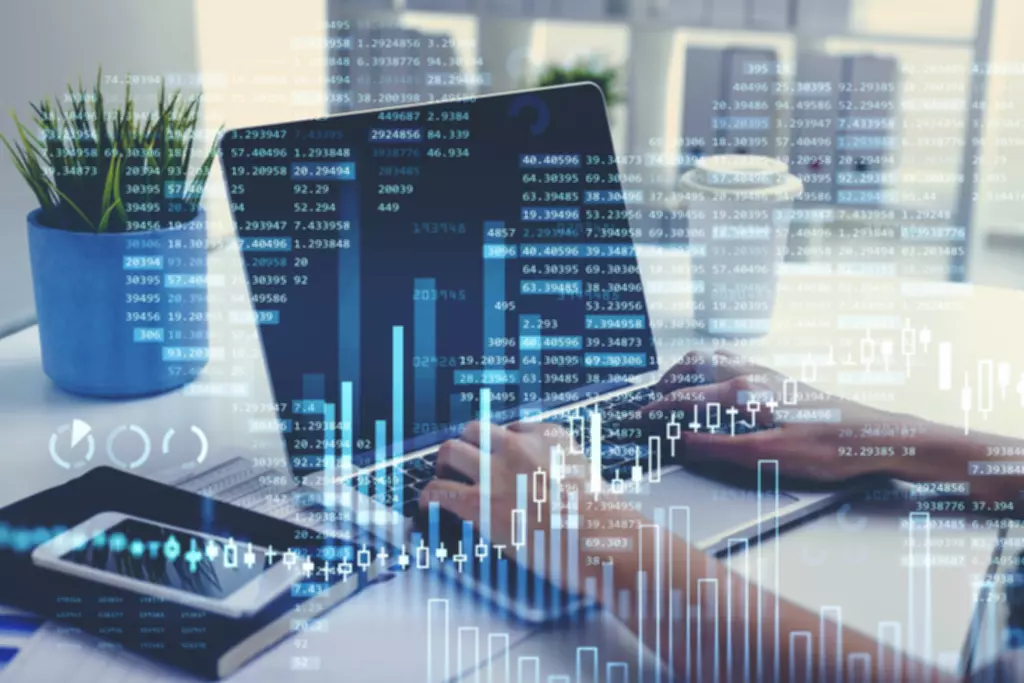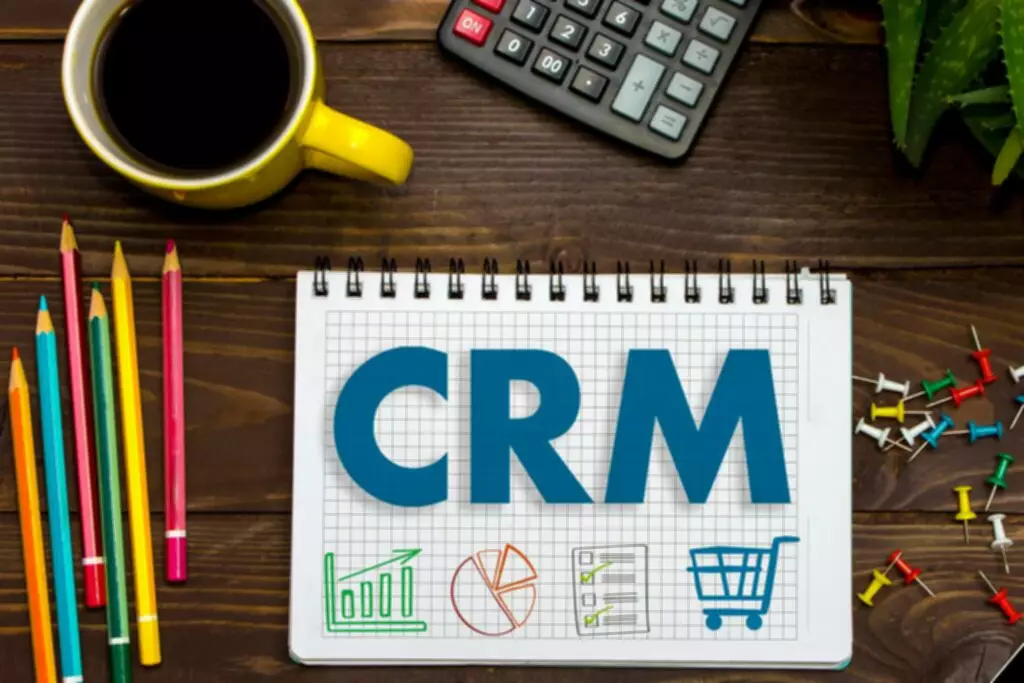December 17, 2020 | Posted in FinTech | By Avenue15
Content
As a retail trader, you can’t swap trades with your trading buddies like that. But you can do your best to stay on top of the latest news as soon as it breaks. We talked to a former market maker on the SteadyTrade podcast.

The offers that appear in this table are from partnerships from which Investopedia receives compensation. Investopedia does not include all offers available in the marketplace.
Market maker
A bid-ask spread is the difference between the amounts of the ask price and bid price, respectively. A market maker can either be a member firm of a securities exchange or be an individual market participant. Thus, they can do both – execute trades on behalf of other investors and make trades for themselves. The difference of $0.50 in the ask and bid prices of stock alpha seems like a small spread.
This creates significant liquidity and market depth, which benefits retail traders and institutions alike. Each market maker displays buy and sell quotations for a guaranteed number of shares. Once the market maker receives an order from a buyer, they immediately sell off their position of shares from their own inventory.
The middle rate, also called mid and mid-market rate, is the exchange rate between a currency’s bid and ask rates in the foreign exchange market. Market makers compete for customer order flow by displaying buy and sell quotations for a guaranteed number of shares. High volatility or increased risk can lead to MMs widening their spreads to compensate. The wider the spread, the more potential earnings an MM can make, but competition among MMs and other market actors can keep spreads tight. Market makers’ rights and responsibilities vary by exchange, and by the type of financial instrument they trade, such as equities or options.
One Platform. One System. Every Tool
As a provider of educational courses, we do not have access to the personal trading accounts or brokerage statements of our customers. As a result, we have no reason to believe our customers perform better or worse than traders as a whole. Every day traders like you and I aim to buy a stock and wait for it to go up.
When you see just 100 shares offered on the inside ask but time and sales prints over 10,000 shares executed at that price, it tells you there is a heavy hidden seller. The faster you spot this, the quicker you can avoid or trade the fade as participants panic out. While spoofing is illegal, it can still be present in thinner traded stocks where level 2 shows a lot of activity but actual trades on time and sales is minimal. Be careful not to chase these stocks, but rather use hidden or iceberg orders to enter on pullbacks. Electronic communications networks are the primary competitors to market makers.

Bear in mind that it’s hard to compile their exact rating, but here are the companies that are worth traders’ attention. Each market has its own market makers, which means that each broker uses a quote given by one or several market makers when offering prices to clients. A market maker, anticipating this behaviour, sets the price at $1.10. Because of the high number of market orders, the market price may rise, let’s say, to $1.15, and because of demand, fall back to $1.12. A market maker will then sell theirEUR/USD inventory to meet peak demand at $1.15 and restock it when it drops to $1.12.
Market Maker vs Broker
While most brokers allow trading listed stocks, some restrict penny stocks and cryptocurrency. An MM adds to the volume in the market by placing large orders for specific stocks or bonds. The more volume in the market, the better the stock liquidity for traders.
These participants must maintain fair prices for different assets at any time and ensure that demand is covered. Otherwise, it would be impossible to trade large volumes without long delays when large-volume orders are executed. Nowadays, most exchanges operate digitally and allow a variety of individuals and institutions to make markets in a given stock. This fosters competition, with a large number of market makers all posting bids and asks on a given security.
If investors are buying, they’re supposed to keep selling, and vice versa. They take the opposite side of trades being executed at any given time, i.e., acting as a counterparty. Is the best way to avoid potential market maker induced shakeouts and impulse trades.
In addition to being a buyer or seller of last resort, market makers also keep the spread between the bid and ask low. On popular highly-liquid stocks, there is often only a spread of a penny or two between the bid and ask, reducing slippage for retail traders. The other big way market makers earn money is through https://xcritical.com/ taking on inventory. When there is a supply or demand imbalance in a stock, market makers will often accumulate a large position in an equity. When there is panic selling following a negative news announcement, for example, market makers are often the people buying as the crowd rushes to get out of the stock.
Market Maker Examples
Hear him talk about his heyday of market making on one of our most-watched episodes to date. This means they pay brokerages to direct customer orders their way. So they can work in-house at a major investment firm or independently. Okay, let us now see why market making is considered so important for the markets and investors alike.
Although the Market Makers buy and sell in accordance with the current market situation, they refrain from making the transactions in case of extreme volatility. Over the past few years, you must have witnessed a sharp positive shift in the financial markets, mainly because of recent rapid advancement in technology. Ever since the advent of market maker crm technology, trades take place at an extremely high pace. Market makers usually also provide liquidity to the firm’s clients, for which they earn a commission. Having all the necessary information about the market and its vertical analysis, market makers have more opportunities to make profitable deals than any other market participant.
- The offers that appear in this table are from partnerships from which Investopedia receives compensation.
- Once the market maker receives an order from a buyer, they immediately sell off their position of shares from their own inventory.
- Like superwealthy individuals or firms manipulating the marketplace.
- Some of these are banks, NBFCs, investment companies, brokerage firms, insurance companies and trust corporations.
This keeps bid-ask spreads liquid but also at a fair price for traders and investors. On the other side, sharp market movements are unpleasant for the market maker. Alongside this, the purchases may come back at lower levels. Other market participants will start buying again at the market maker’s selling prices, which will be lower than his average buying price during the general market sell-off apart from him. Such periods of sharp movement reduce the market maker’s earnings on spread and turnover. The market makers are responsible for determining how many units of an asset (stock, currency, etc.) will be available on the market.
How Do Market Makers Facilitate Efficient Trading?
This is the price at which their firm is willing to sell these particular securities. (Remember, most market makers work for larger brokerage firms.) The spread, or difference, between these two numbers is called the bid-ask spread. Additionally, market makers earn a commission for creating liquidity for their clients. When retail traders place orders, they work to keep stocks liquid. The importance of market makers in the financial markets cannot be understated.
These electronic limit books and alternate trading systems enable traders to take control of their executions with direct order routing. The competition with ECNs is one of the key reasons that wholesalers arrange order flow agreements to incentivize retail brokers to send their customer orders. This is especially rampant with zero-commission trading apps. Crypto market makers do exist, but the role is considered risky, as cryptocurrencies are notoriously volatile compared to traditional currencies and even equities. Crypto markets also tend not to be quite as liquid as equity markets, particularly when it comes to smaller and more obscure cryptocurrencies.
Market Makers: Who They Are, How They Make Money, & More
These participants must commit to maintaining fair prices for different types of assets and covering demand at any time. You may not have known it before, but market makers have always been present in financialmarkets. Otherwise, large-volume orders would only be executed with long delays, making trading impossible. ECNs, on the other hand, work with respect to market fluctuations. They study the shares and the prices at which they are being traded in the market. The network sets the best bid/ask price for the stocks depending on their study.
And this, in turn, allows the market maker to manipulate the price . Providing flexibility in certain areas enhances the service provided by market makers. Specifically, they can provide non-standard settlement dates and provide multi-currency settlements. Market makers in different markets and operating on different exchanges are subject to different rules regarding what they’re allowed to buy and sell and the types of trades they can make. Market makers encourage market liquidity by standing ready to buy and sell securities at any time of day.
These changes really compounded with the Great Financial Crisis, which killed off countless DIY quantitative traders and scalpers. The last three decades of radical technological change and computing power growth have forced traders to adapt or die. But because they make so many trades so quickly, the profits add up very quickly. StocksToTrade in no way warrants the solvency, financial condition, or investment advisability ofany of the securities mentioned in communications or websites.

